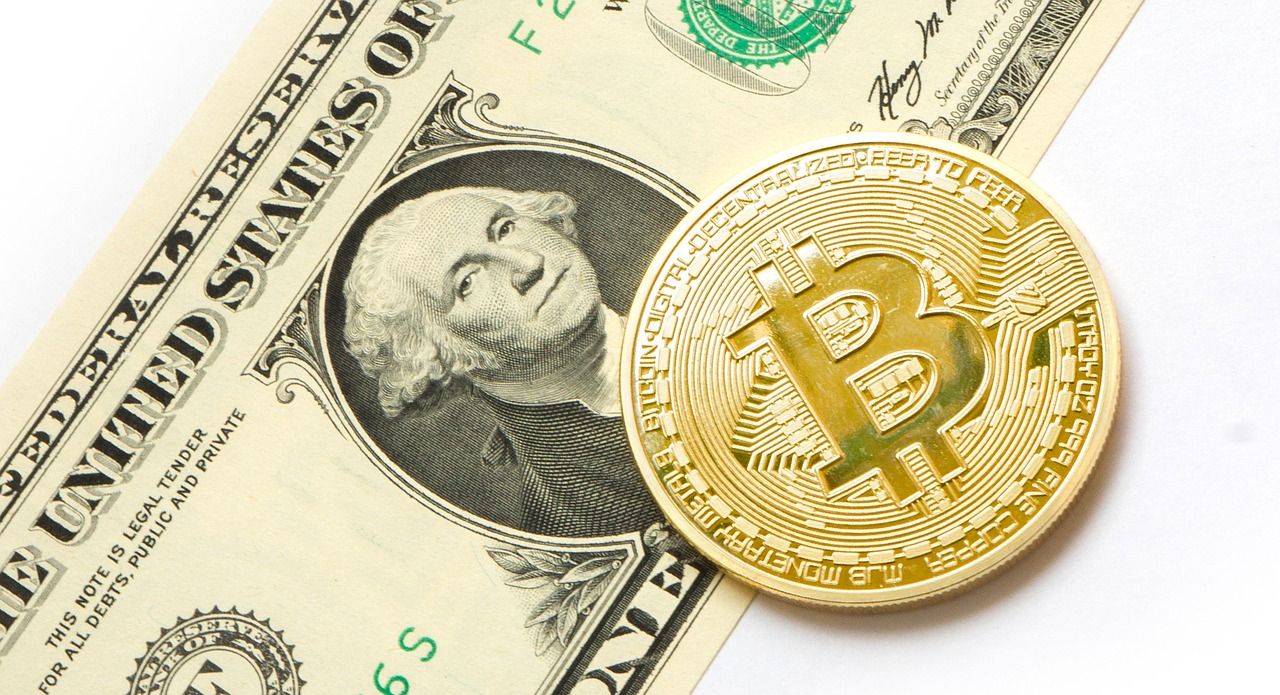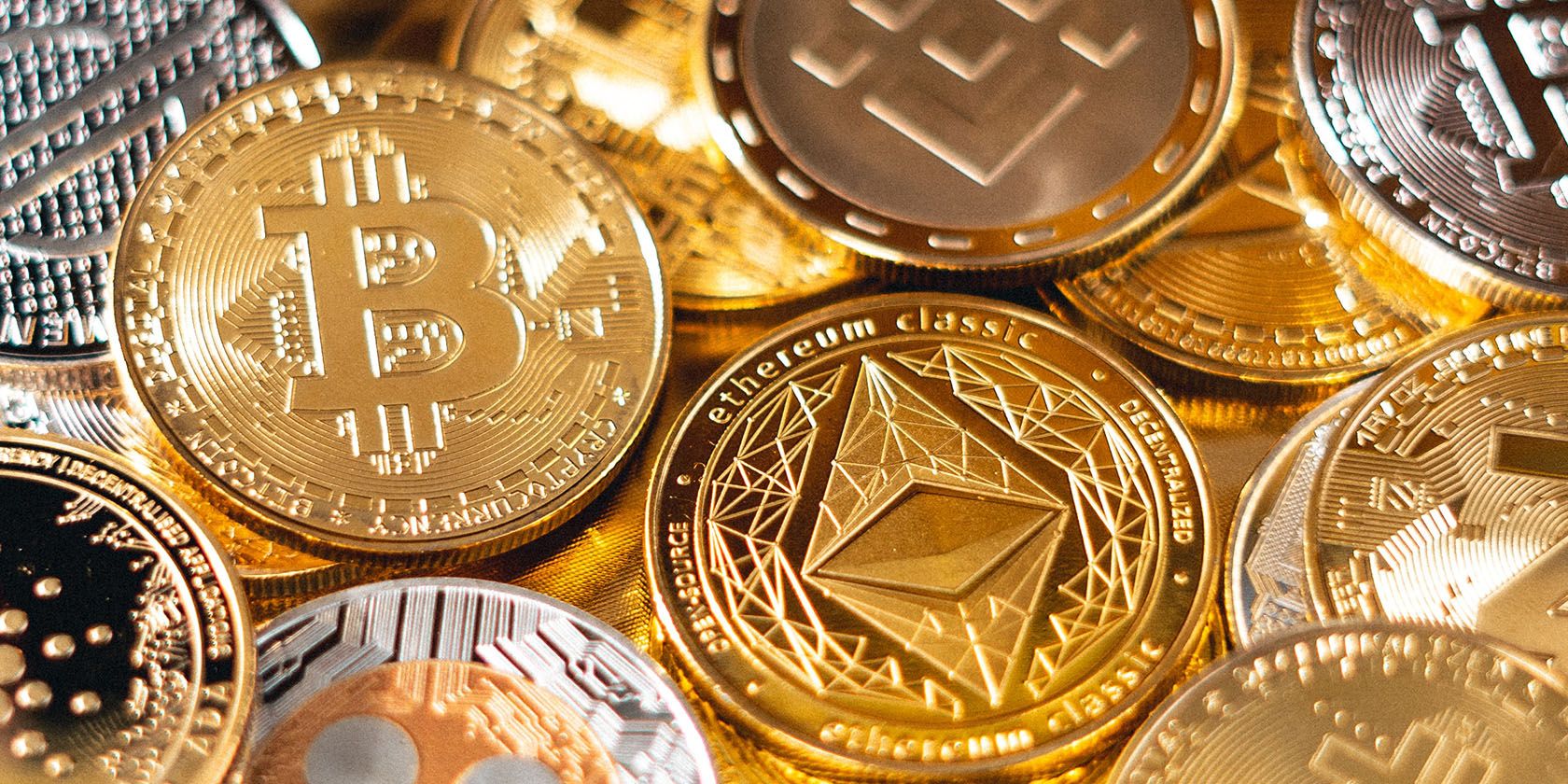Ever since the cryptocurrency revolution and the popularization of Bitcoin, the crypto world has been excited to use its digital money in every way possible. While some are looking for the privacy and security Bitcoin payments provide, others are fascinated by their novelty.
The crypto world was over the moon when rumors started circling that Amazon would accept Bitcoin as a payment option, but it wasn’t long before Amazon squashed the rumor.
But why not?
If money is money, then why won’t Amazon and other online retailers accept Bitcoin and other cryptocurrency payments?
Why Won’t Amazon Accept Bitcoin?
A retailer’s main goal as a business is to sell as many products as possible. This won’t be the first time customers request that shops adopt new payment methods. Shops, especially physical stores, gradually transitioned from only accepting cash payments to include credit and debit cards.
But even that wasn’t enough. Most stores today accept smartphone payments, store credit, and third-party gift cards. So why not crypto? It’s safe, has been around for over a decade, and has a large user base looking to spend digital money.
So far, Amazon and other major online retailers haven’t officially explained why they don’t accept cryptocurrency. Despite all the rumors, Amazon is standing its ground by only denying the news and providing little to no information on their reasons.
But there are a few obvious reasons and concerns that may be deterring them.
Price and Volatility
Currency volatility is the unpredictable and rapid change of a currency’s value in respect to other currencies and the global economy. All currencies have a volatility index that’s hard to predict. But since country-based currencies rely on the country’s local economy, it’s much easier to predict, and most major currencies, like dollars, pounds, and euros, won't change dramatically.
The same doesn’t apply to Bitcoin and other cryptocurrencies.
Cryptocurrencies have a high and unpredictable volatility index, making pricing items and accepting payments while ensuring profit tricky. Crypto-based product prices can drastically change in under a month (or even a day!), making it hard for both users and retailers to manage and respond to.
Additionally, any amount of money you pay to Amazon in exchange for a product may be much less in no time, which could heavily impact Amazon’s bottom line and reduce their earnings.
Bad Reputation
Compared to most other currencies and payment options, cryptocurrencies have a bad reputation. When Bitcoin and other cryptocurrencies were first released around 10 years ago, they promised users complete anonymity, privacy, and security that standard banks and online wallets at the time couldn't.
While this made it an excellent option for privacy enthusiasts and people from under-serviced and remote areas around the globe, crypto also became criminals' favorite.
Crypto gained momentum around the same time people started hearing stories of the horrors on the dark web. Unfortunately, that coincidence made many people associate crypto in general and Bitcoin in particular with illegal markets and activities on the dark web.
Even if that’s all a misunderstanding, most retailers prefer preserving their legal and family-friendly image. As long as people are uncomfortable with the idea of crypto, most shops are unlikely to offer it as a payment option.
No Government Regulations
Government regulation is a touchy subject when it comes to Bitcoin and crypto. On the one hand, people were first drawn to Bitcoin due to the lack of government regulation.
Many individuals, small businesses, and service providers were thrilled at the idea of a free market of coins that they could use however they see fit alongside other like-minded users. But the lack of regulation often means a lack of protection.
Sure, overregulation can be detrimental to cryptocurrencies and what they stand for, but the majority of retailers would like to know they’re dealing with a safe currency.
Due to the nature of crypto and cryptocurrency mining, governments worldwide are finding it hard to enforce any meaningful regulation. Some governments have even outright banned the use of Bitcoin, such as China. Luckily, it’s only a matter of time before proper regulations are in place, and Amazon and many other online retailers and online shoppers feel protected using it.
Infrastructure Incompatibility
Amazon is the world's largest online retailer. That title comes with the burden of managing a complex and neverending supply chain that encompasses products, shipping, payment, costs, and revenue.
There is a solid infrastructure spread out worldwide that online retailers use to sustain their business, and Bitcoin doesn’t fit in neatly. Bitcoin is its own thing and would require major adjustments to a global system to blend in seamlessly. While this is doable, there isn’t enough demand or investors willing to make it happen anytime soon.
Will Amazon Launch Its Own Cryptocurrency?
Amazon isn’t known to play it safe. They’ve taken many risks and pioneered in the online retail industry of such scale. It’s highly unlikely that they’ll stand by and miss an opportunity to incorporate the finance-tech industry’s biggest merge.
Either former CEO Jeff Bezos and Amazon’s executives have a hunch that crypto won’t last for long, or they’re planning to create their own.
While this is purely speculation, it isn’t entirely unfounded.
In mid-2021, Amazon put out a call of talent for their Digital and Emerging Payments (DEP) department. This department is responsible for developing systems that grant customers a wider variety of payment options worldwide.
But theories such as AmazonCoin and BezosChain have been floating around the web for years, but they’re mere speculation driven by how other major companies, such as Tesla, invest in Bitcoin.
Don’t Believe the Rumors
A new cryptocurrency by a major online retailer like Amazon would be groundbreaking news. In fact, Amazon would likely announce it beforehand to harness momentum and online excitement before they even release it.
It would be the same if they were planning on simply accepting pre-established cryptocurrencies and avoid competition and rivalries. If Amazon started accepting cryptocurrency payments, they wouldn’t keep it a secret. You should expect a flashy announcement covered by every news outlet, not to mention everyone on Twitter and Facebook.




